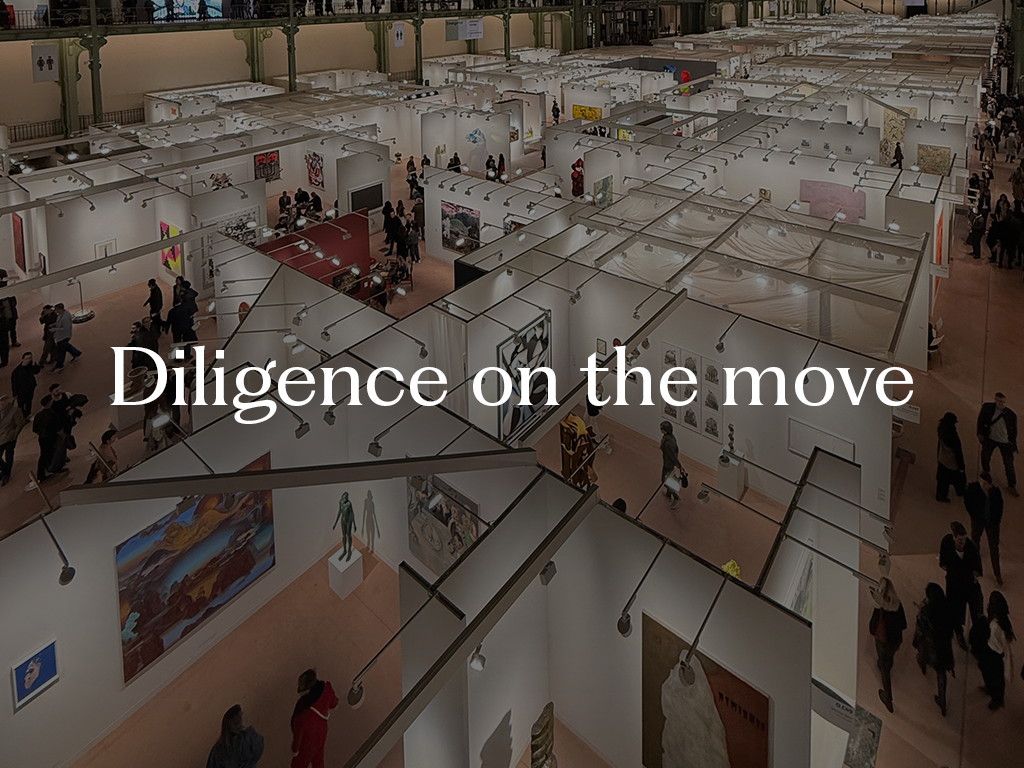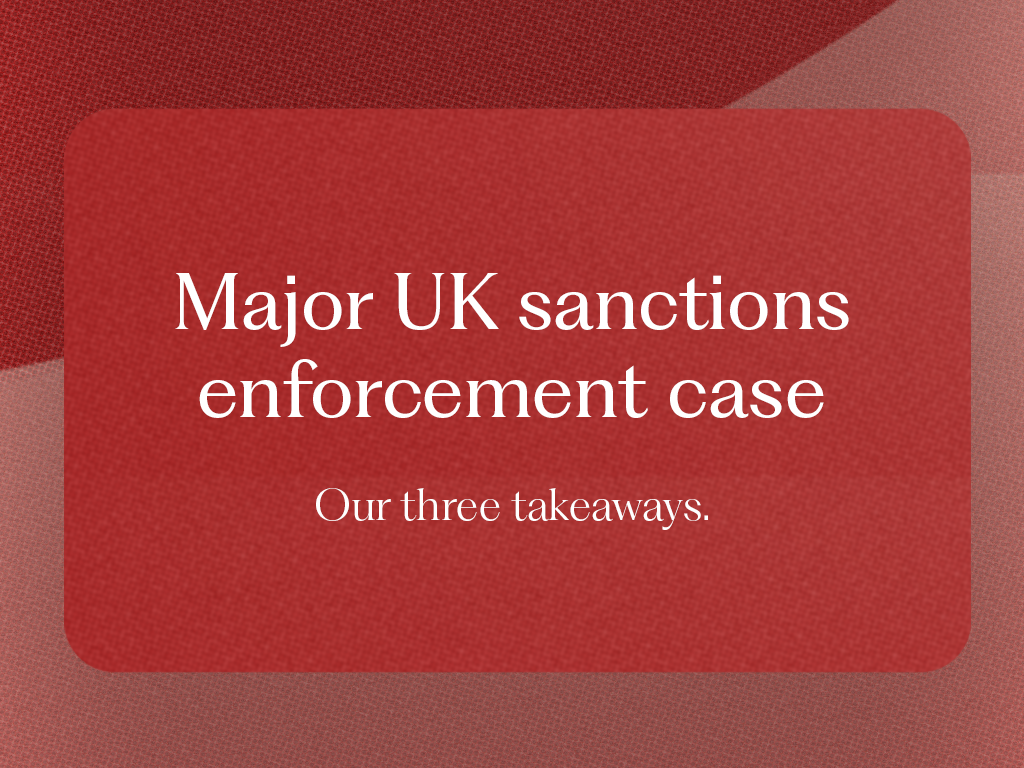Want to get up to speed? You can also watch our online event here to walk through new guidance and strategies for decision making.
Recently BAMF (The British Art Market Federation) published updated guidance regarding money laundering regulations, citing changes to the ways galleries work with intermediaries such as advisors, other galleries and auction houses.
We’ve quickly summarised what these changes mean for our UK based AMPs (Art Market Participants) when conducting due diligence.
Quick Refresh, What is an Intermediary?
Intermediaries are pivotal to these changes, so let’s quickly recap what they are and how an art business might engage with them.
In simple terms an intermediary is a person or a business that is transacting on behalf of someone else. In the art market this most often is an art advisor, auction house or an art dealer acting on behalf of a client.
For a gallery this often manifests when they are working with an advisor who is purchasing or selling on behalf of a client.
What are the Changes?
Under the new guidance there are now select instances in which a registered art business working with an intermediary (such as an advisor) does not have to conduct due diligence on the ultimate beneficial owner (the advisor’s end client).
However it is important to note that this is only as long as certain requirements are met by the intermediary brokering the transaction.
A few things to consider are:
- Is the intermediary located in the UK?
- Are they registered with HMRC?
- Can they provide proof of their AML processes?
- Are the funds coming from the intermediary’s account?
- Have you dealt with them before?
If the answer is yes to all those questions you may not need to conduct due diligence on their end client. However, if the answer is no - for example you are working with an advisor in the US- then you need to continue due diligence throughout the whole chain of the transaction.
For a more in depth look at our due diligence checklist for intermediaries you can click here to a downloadable PDF to help you get started.
What does this mean for you?
For many this is a breath of fresh air, as many art market participants have been advocating for a change in regulation. While this may save time and relationships with UK based AMP’s this does not change international relationships. When working with US colleagues due diligence will need to continue to the ultimate beneficial owner as they are still an unregulated market.
This means that galleries will need to revise their due diligence processes and risk assessments to include scenarios in which due diligence to the immediate left and right are possible and outline where they will need to continue to conduct due diligence throughout the whole entire transaction chain.
For a full breakdown of how to adjust your risk assessments and policies watch our event here where we cover all the recent changes and how to work through them.







.svg)